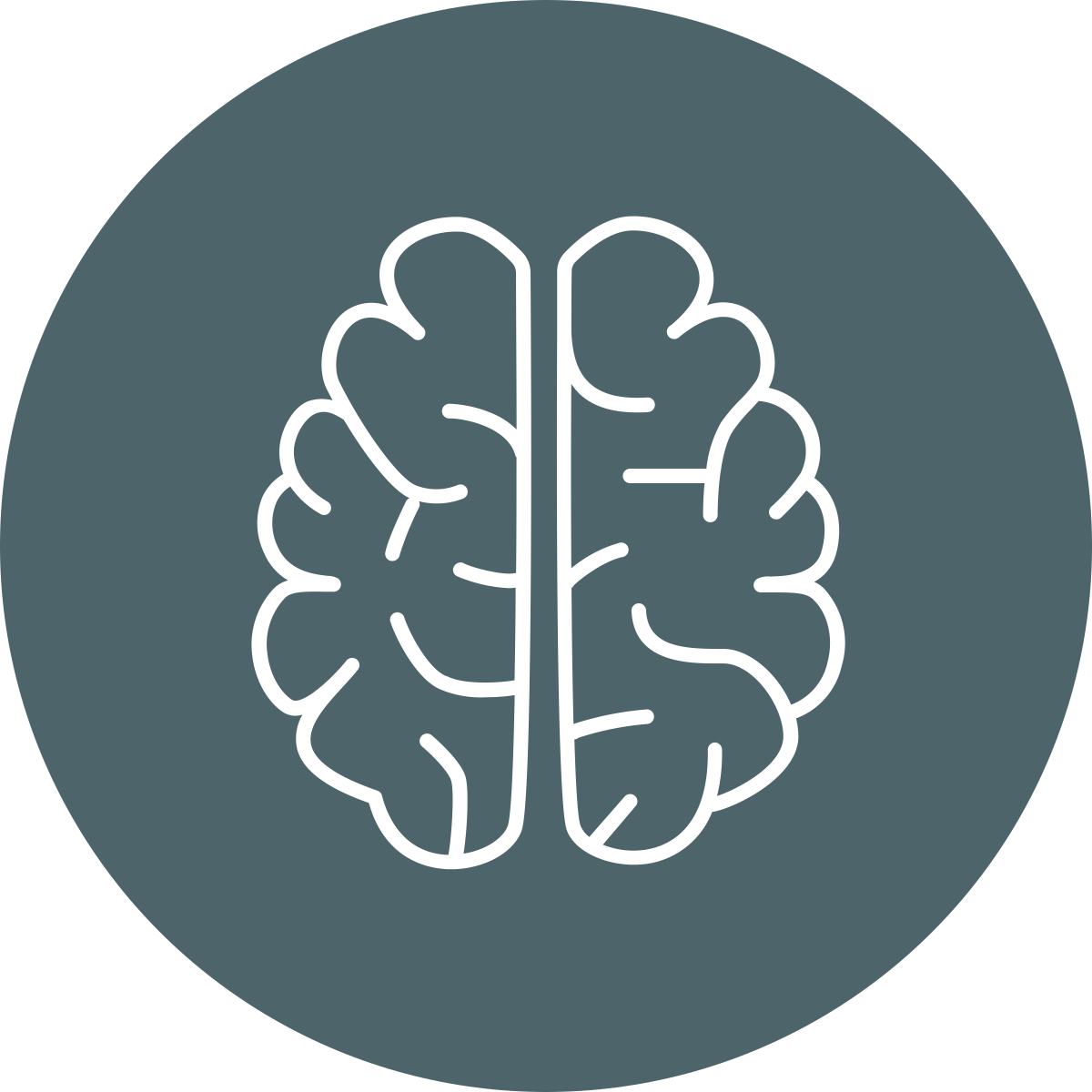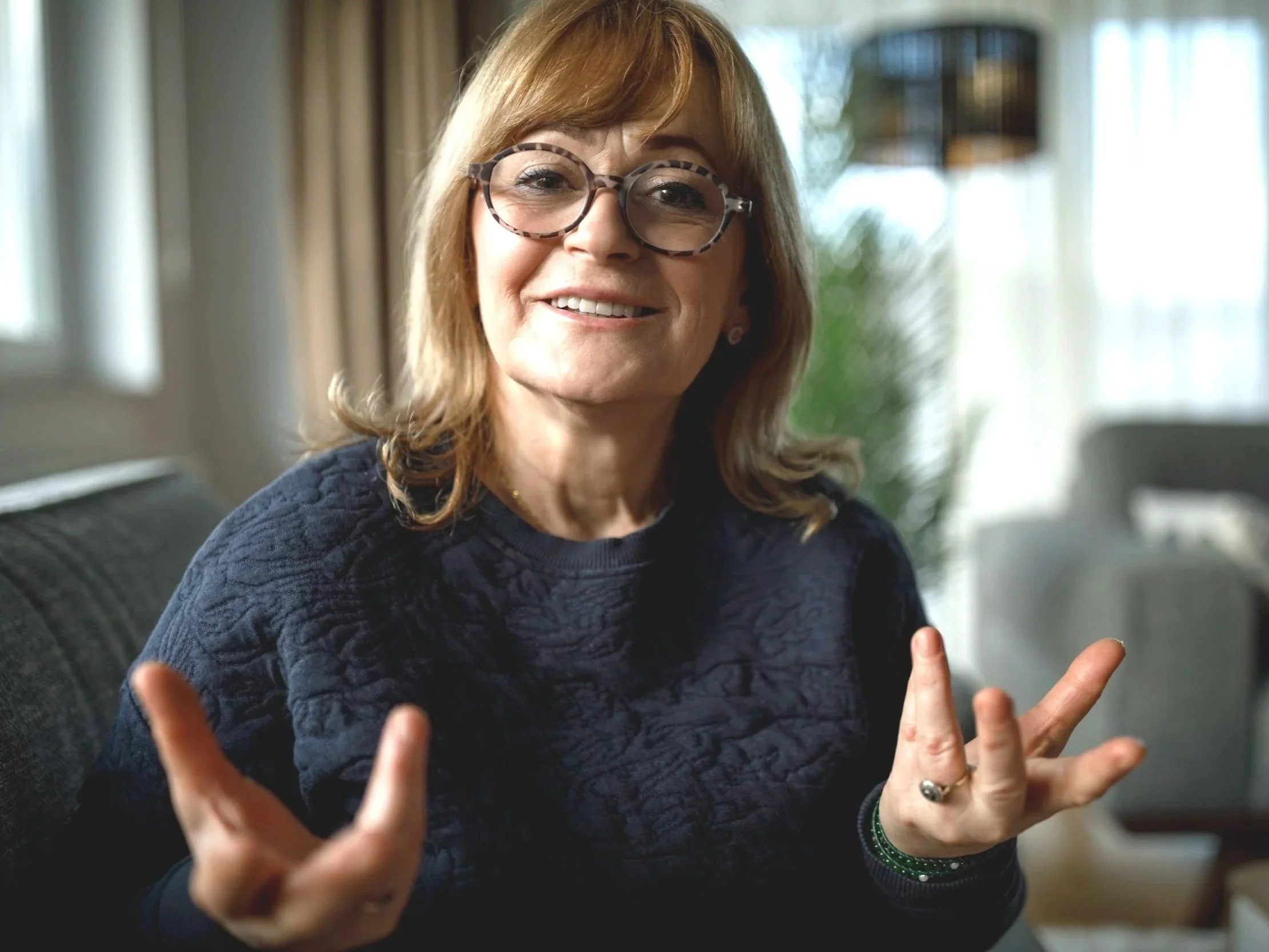Speech
Stroke, brain injury, and other neurological problems can impact speech, making it hard to speak clearly and be understood. Functional neurological disorders (FND) can also affect speech.
Speech therapy can help people with speech disorders such as apraxia and dysarthria express themselves more clearly so that they can be part of the conversations that matter to them.
Apraxia
Acquired apraxia of speech is usually caused by stroke or brain injury. Apraxia happens when the brain has trouble planning speech, and makes it difficult to say sounds and words correctly. Apraxia often occurs with aphasia.
More about speech disorders in adults
Dysarthria
Dysarthria can be caused by many different neurological conditions, including stroke, Parkinson’s, brain injury, tumors, and MS. It happens when the muscles needed for speech don’t work properly. Speech may be slurred, too fast or to slow, too quiet or too loud, or hard to understand.
Parkinson’s disease
Speech and voice problems are common in Parkinson’s. Speech may be too quiet, making it hard to hear. It may also be slurred or too fast. For more information about speech therapy for PD, including LSVT LOUD, click here.
Speech therapy can help
Skilled treatment can help people with apraxia, dysarthria, and other speech difficulties speak clearly and be understood again.
I work with people with neurological speech disorders to maximize their communication through a combination of direct treatment, training strategies, and making changes to the environment.
I also train families in strategies they can use to get back to conversations that matter.
What clients are saying:
-
I was lucky to have Lyssa Rome as my speech therapist. She was so knowledgeable, patient, and encouraging. She went the distance with, and for me.
— C, client with apraxia
-
Lyssa is a very caring, warm, friendly, and pro-active therapist. She made a big difference in M’s speech! It was very frustrating when we could not understand him. But under Lyssa’s patient guidance and friendly reminders, M learned to speak more clearly.
— S, wife of client with dysarthria




